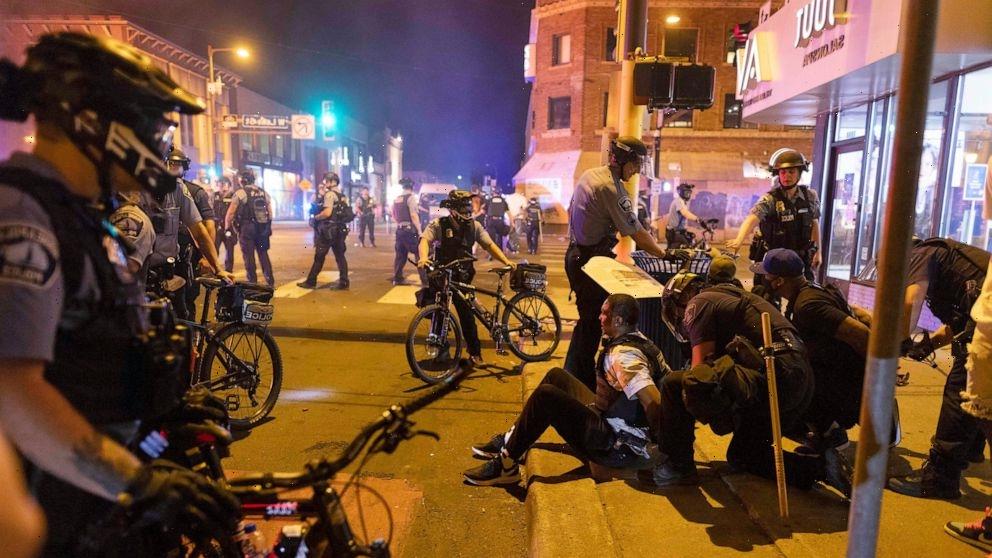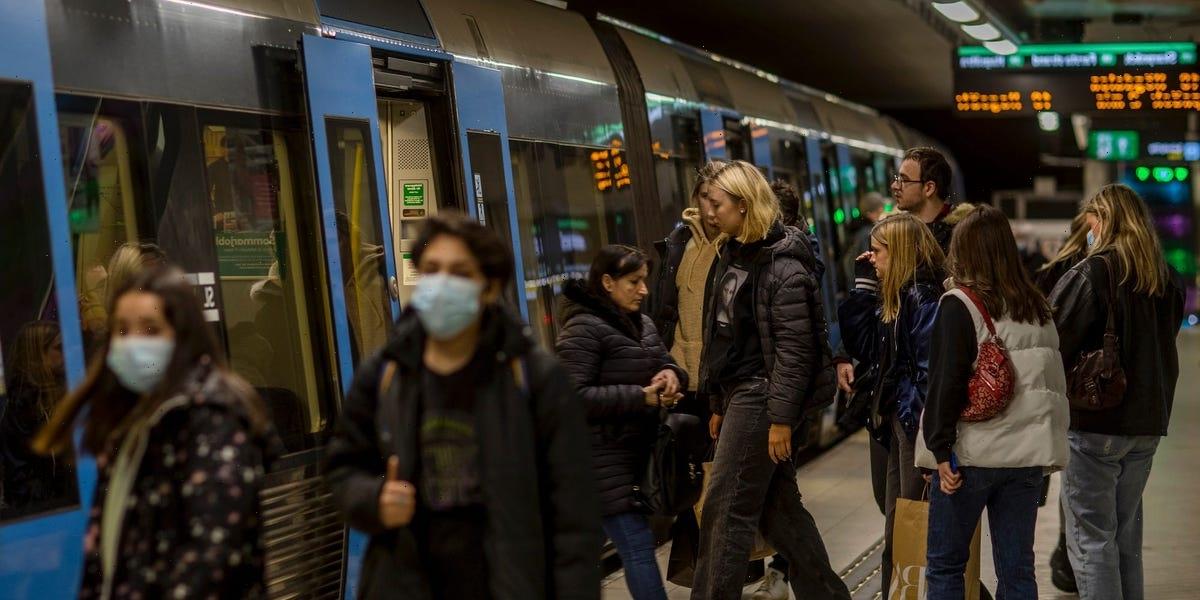If the might of global finance crushes grocery stores, communities will lose an important local service
Last modified on Sat 5 Jun 2021 06.02 EDT
When the first lockdown came into force in the UK last March, supermarket delivery slots vanished. Many people – myself included – began to rely on our local corner shops, stocked with toilet roll and bakers’ yeast. They were somewhere you could pick up a bottle of wine after a shell-shocking day of home schooling, or replenish basics like pasta and rice. They provided a lifeline for families, elderly and isolated people, and those without cars.
These days, though, no sector can flourish without tech companies trying to muscle in. You may have already seen the adverts for apps like Weezy, Jiffy, Getir and Dija: these companies promise they can deliver your groceries faster than it would take you to walk around the corner and back. They cater to harried parents who have run out of nappies, students with late-night munchies, and desperate dinner party hosts short on booze.
Since the pandemic began, about $14bn in venture capital funding has rushed into instant grocery apps, while delivery apps are already targeting vacant high street properties to establish “dark stores” – fulfilment centres that are not open to shoppers or the public – close to homes. In logistics and delivery services, the last leg of the journey between retailers and consumers – the bit between local distribution hubs and your house – is the hardest to crack. By inserting themselves into this “last mile”, grocery delivery apps remove the need for trips to the corner shop. In doing so, they pose an existential threat to local high streets and small convenience stores.
Plenty has been written about Deliveroo and other companies that have disrupted takeaway food, but the grocery sector is far bigger. Total grocery sales in the UK amounted to £190bn in 2018; convenience retail accounted for around £40bn of this. By comparison, the restaurant delivery market is worth an estimated £11.4bn. Still, convenience retailing is a low-margin business. The input costs for a corner shop are far higher than those of the large supermarkets that wield huge market power over their suppliers. Many eke out a modest living working long and unsociable hours.
But these businesses are resilient because their fixed costs tend to be low, with few overheads or staff. They’re also an important employment route for immigrants: 44% of store managers across the UK are Asian or Asian British. If delivery apps take over, only a portion of the nearly half-million people who work in the sector might be redeployed as delivery riders or shelf-pickers in dark stores. Many may be replaced by robots.
More intriguing still is the business model of new grocery delivery apps. The “last mile” is unavoidably expensive, and a basket must be worth enough to cover the cost of delivery but also small enough to fit on a bike. On-demand purchases rarely line up to allow riders to fulfil many orders at once. Given these challenges, you may wonder why investors are pumping vast sums into fledgling startups with no track record that are offering heavy price discounts. What they’re betting on is the tech startup playbook: lure in users, crush the competition and form a monopoly. It’s the same model favoured by companies such as Uber, which has never turned a profit but attracts investors who are betting on future monopoly earnings.
Traditional convenience stores cannot compete against the might of global finance. Unfortunately, the only institution that might intervene, the Competition and Markets Authority, is failing to see the problem. Last summer, the CMA approved Amazon to take a minority stake in Deliveroo. In its extensive investigation report, it noted that “Deliveroo is offering a ‘Deliveroo Essentials’ service from its Editions sites.” The company’s “essentials” service is a grocery delivery service, while Deliveroo Editions are “dark kitchens” that serve delivery-only food – restaurants without diners. Deliveroo is well-placed to merge these two lines of business.
According to this version of the future, our local high streets look very weird indeed. Consumers will be able to buy groceries from dark stores where they can’t physically shop, or order restaurant food from dark kitchens where they can’t dine. And what will count as essential products? My corner shop sells Turkish kefir alongside Polish kielbasa, West African fufu flour, gluten-free spaghetti and heritage tomatoes – a hyperlocal offering to cater to a few north London streets. Delivery apps may turn all this flavoursome variety and richness into bland uniformity.
Even if you look forward to a future where you can order a pint of milk to your door at the touch of a button, this shift matters for our high streets and communities. Delivery apps siphon wealth out of local areas and into the pockets of distant shareholders, venture capitalists and giant platforms. We need new ways to understand and intervene in this shift – starting with the UK’s competition authority.
The CMA must look beyond consumer wallets and take into account the effects of mergers and monopolies on employees, small businesses and communities. Capping commission charges to suppliers, blocking mergers in the sector, and breaking up and properly taxing monopolies would help. The CMA’s months-long investigation into Amazon and Deliveroo entirely missed the emergence of all the instant grocery players now vying for dominance. Regulators must start thinking more like venture capitalists if they are to keep up.
In the meantime, buying direct from local businesses can help.Two-thirds of convenience stores are located in villages and housing estates, not the city centres in which many of the grocery startups are experimenting. According to James Lowman, the chief executive of the Association of Convenience Stores, “the social utility of convenience stores is maximised in remote locations. They will face these competitive pressures last, but may feel them more acutely.” Once these local stores are gone, they’re gone.
Michelle Meagher is a competition lawyer and author of Competition is Killing Us: How Big Business is Harming Our Society and Planet – and What to do About it
Source: Read Full Article

